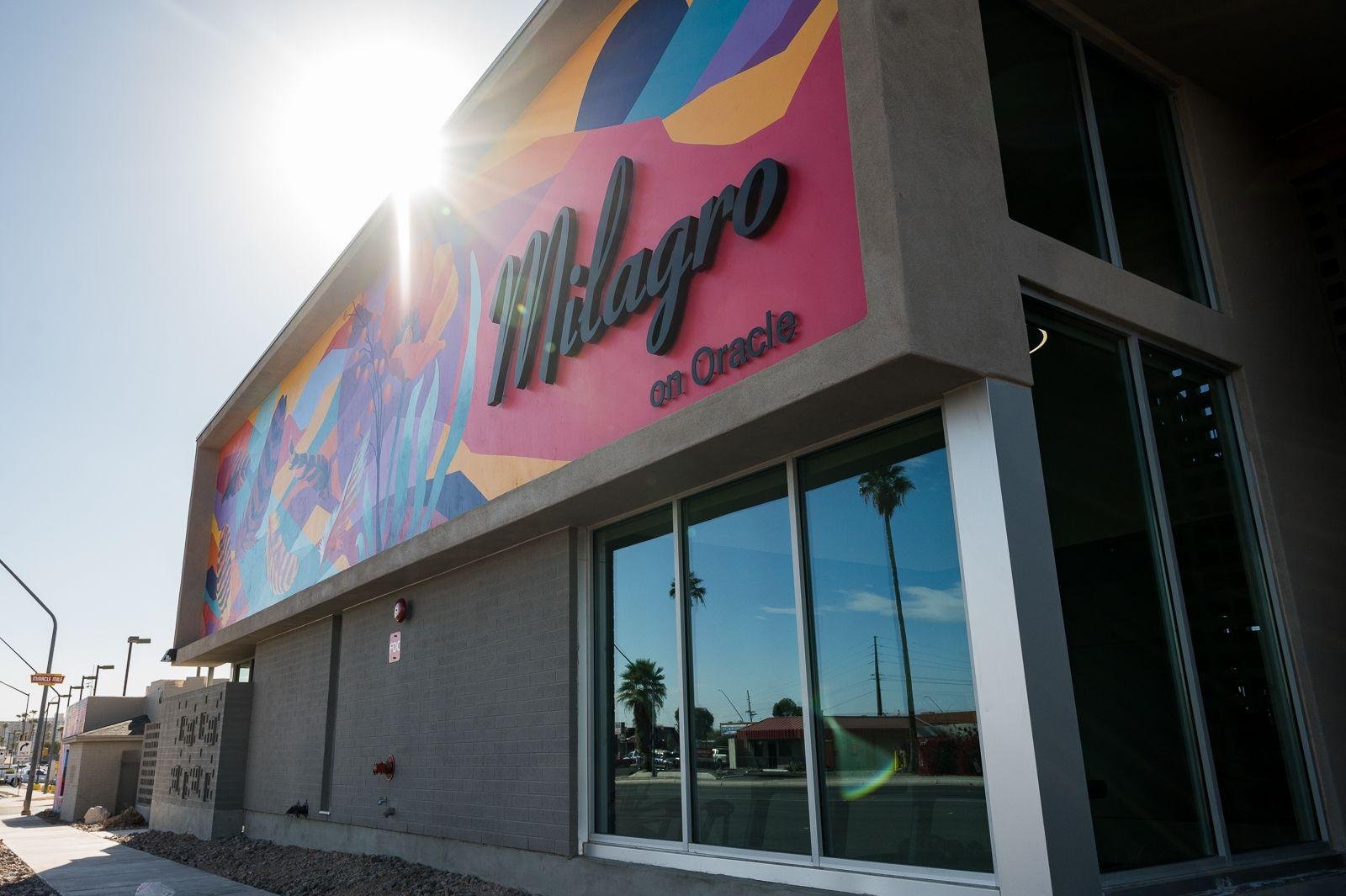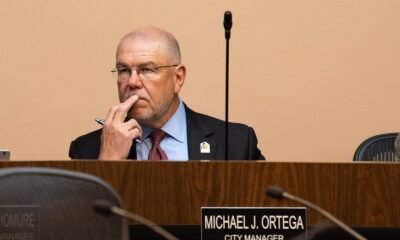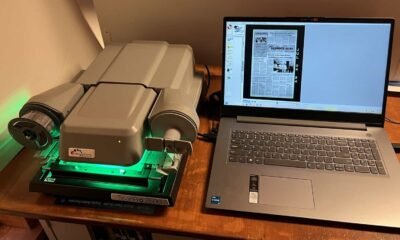Business
Tucson Unveils 166-Unit Milagro on Oracle: A New Era in Public Housing

Tucson’s Mayor Regina Romero, alongside city officials and community members, recently inaugurated Milagro on Oracle, a new 166-unit housing complex aimed at addressing homelessness in the city. The complex, located on Tucson’s Northwest Side, stands on the site of the former No-Tel Motel and Don Motel, both previously notorious for their poor conditions.
During the ribbon-cutting ceremony, Romero highlighted the significance of the name “Milagro,” meaning “miracle” in Spanish. She emphasized the project’s role in providing a stable home, which she described as fundamental to human dignity. Approximately 100 attendees gathered to celebrate this milestone.
Among the first residents is Gerhard Shake, a 59-year-old Army veteran. Shake’s journey to find stable housing was challenging; after leaving a risky living situation, he spent eight days homeless before finding shelter at St. Francis. He learned about Milagro through a social worker there and expressed hope for a quieter life in his new home.
Milagro on Oracle is specifically designed for low-income residents aged 55 and older. This development is the inaugural project by Old Pueblo Housing Development, a new nonprofit company focused on improving distressed neighborhoods in Tucson’s “Thrive in the ’05” zone. The city’s commitment to revitalization was further solidified with a recent $50 million grant from the U.S. Department of Housing and Urban Development to improve public housing and initiate various projects in the area.
The $21 million Milagro project was financed through multiple sources, including over $18 million from the Arizona Department of Housing’s Low-Income Housing Tax Credit program and funds from the Biden administration’s American Rescue Plan. Romero stressed that these initiatives stem from a community need for sustainable housing solutions, not merely from an ease of execution.
In addition to Milagro, Old Pueblo Housing Development has plans for other housing projects, such as Sugar Hill on Stone and Amazon Flats, further demonstrating a strategic push to alleviate housing shortages in Tucson.
Romero also advocated for Proposition 414, a proposed half-cent sales tax expected to generate up to $800 million over ten years for various community investments, including affordable housing and public safety initiatives. The proposition aims to ensure long-term funding for affordable housing projects across Tucson.
However, Proposition 414 faces opposition from the Pima County Republican Party and the Tucson Metro Chamber, who argue for alternative approaches that do not increase costs for residents. Some homeless advocates have also raised concerns that it allocates insufficient funding for direct services aimed at those experiencing homelessness.
The discussions surrounding housing solutions continue to evolve as Tucson confronts pressing issues of affordability and public safety.

















